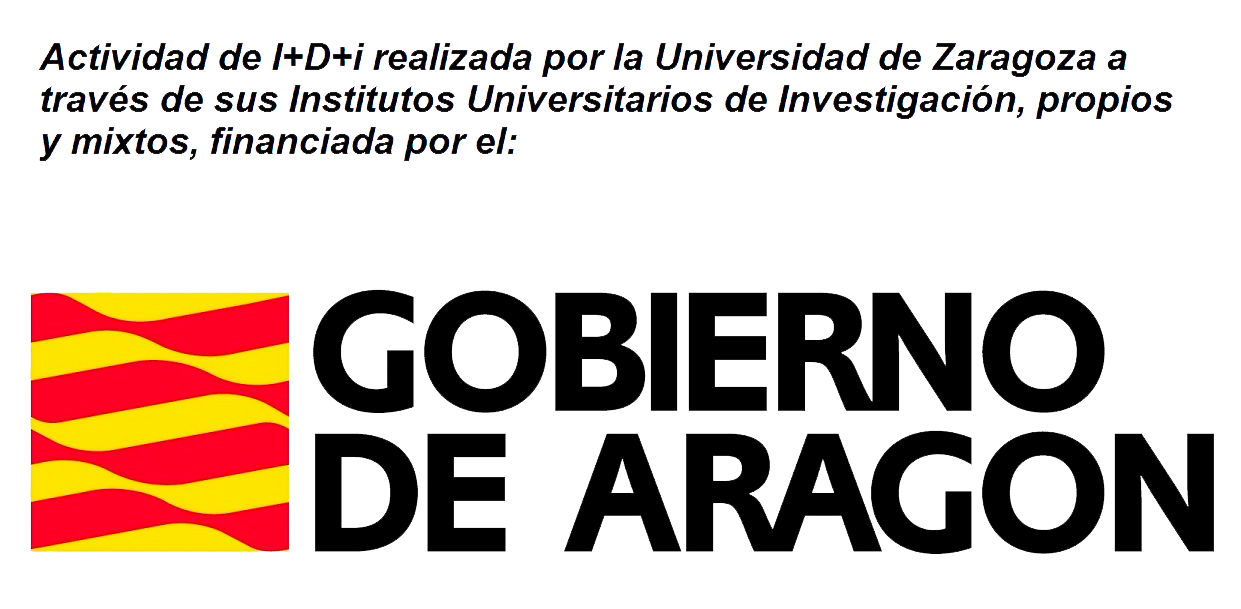María de los Ángeles Velilla Sánchez
Centre: Facultad de Educación
Institution: University of Zaragoza, Zaragoza (Spain)
Position: Researcher from the University of Zaragoza
E-mail: mavelilla@unizar.es
Phone: 844837
Profile: Ver
Personal statement
Since 2018, I have worked at the University of Zaragoza as a teacher and researcher, starting my academic career at the Faculty of Education as an associate professor and later as an interim professor. I currently teach as a doctoral assistant at the Faculty of Humanities and Education (Huesca). In 2021, I defended my doctoral thesis entitled “English as an Academic Lingua Franca in Spanish Tertiary Education: An Analysis of the Use of Pragmatic Strategies in English-Medium Lectures”, and for which in 2023, I received the Enrique Alcaraz award for the best doctoral thesis awarded by the European Association of Languages for Specific Purposes (AELFE). This research was part of the research project of the National R&D&I Plan. Afterwards, I have participated in the research project GENCI-2.0 – Digital Genres and Open Science. I also belong to the CIRES research group – Intercultural communication and social challenges. I joined BIFI in 2023, to contribute to research in the Digital Science lab of the area of Computation and data science.
Researcher profile identity
At present, I am an R2 researcher. My current research focuses on the analysis of digital and multimodal publications carried out by experts in different disciplinary areas in English, with the aim of making scientific knowledge accessible to all audiences, that is, not only to reach the scientific community but also to involve the lay public. Therefore, the aim of my research is to analyse the type of multimodal discursive strategies used by these researchers to add transparency without reducing the meaning of the content, and in turn, to be able to transfer these results to potential researchers interested in acquiring such skills.
Why my research is important
My research offers insights into strategies for re-contextualizing scientific discourse that may be useful for researchers seeking to engage different audiences and promote interest in their research through genres other than the scientific article. The results also suggest several pedagogical implications, especially for teaching ESP and EMI. The strategies analyzed can help communicators and scientists to articulate their perspectives clearly and convey their messages effectively to different audiences. They can also contribute to raising awareness about the identity they project, the way they connect with their audience(s), and how to bridge potentially existing knowledge asymmetries.
Know more about me and my research
– https://sideral.unizar.es/sideral/CV/maria-de-los-angeles-velilla-sanchez
– https://genci.unizar.es/velilla-sanchez/
– https://genci.unizar.es/
– https://www.researchgate.net/profile/Maria-Angeles-Velilla-Sanchez-2












